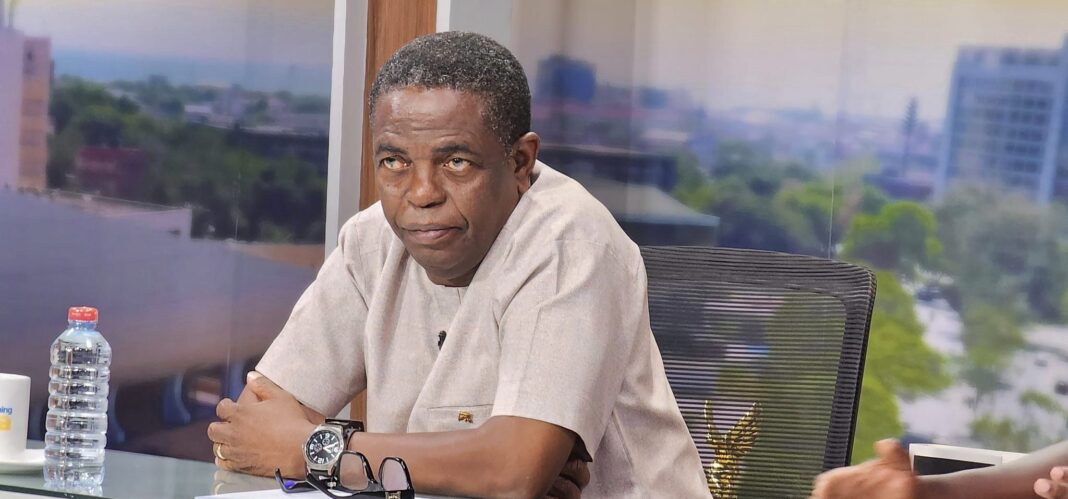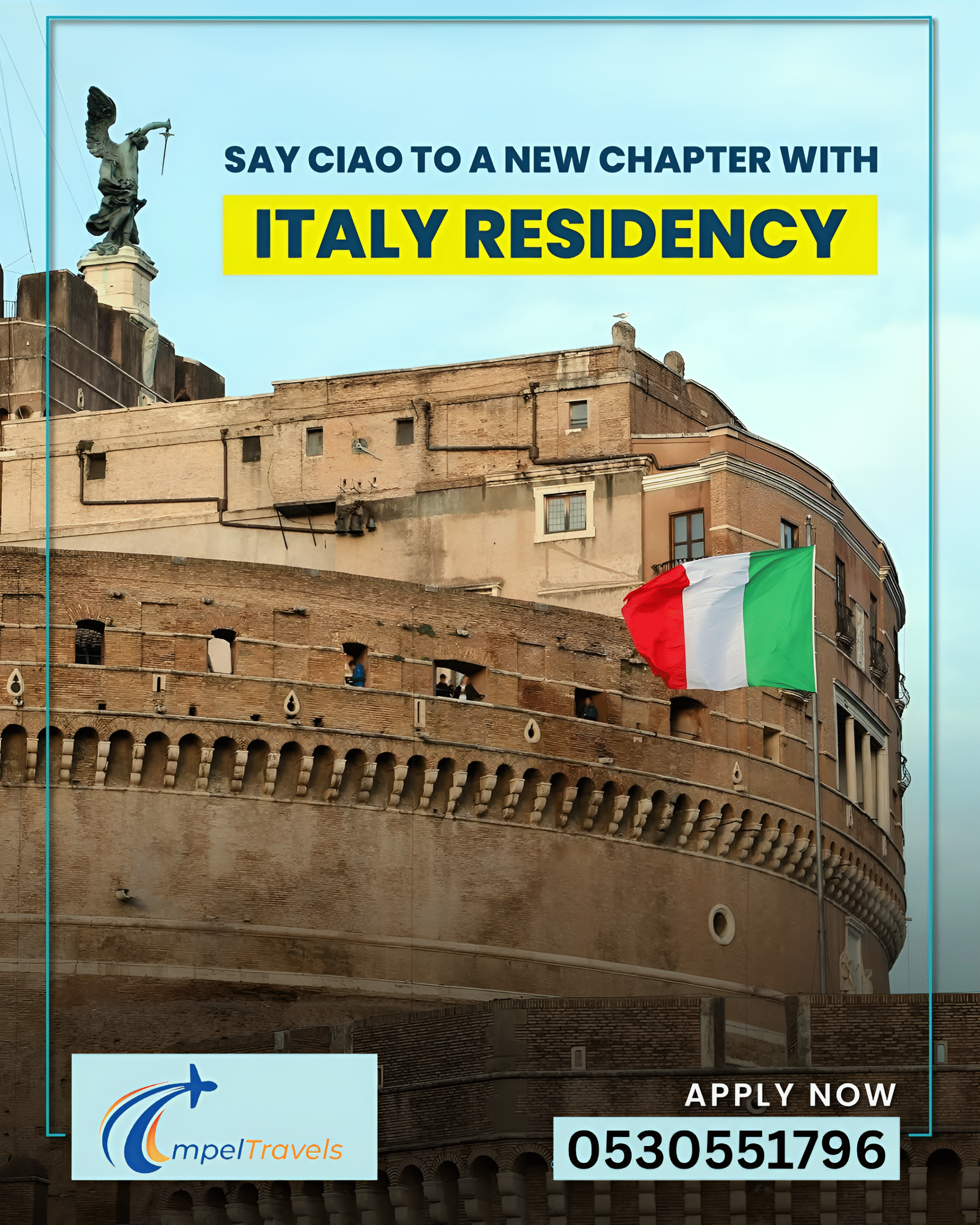Veteran Ghanaian journalist and political commentator, Kwesi Pratt Jnr., has raised concerns about President John Dramani Mahama’s silence on the issue of diplomatic relations with the Saharawi Arab Democratic Republic. He said that he is not happy with Mahama’s silence on the matter.
In a post on X (formerly Twitter) on Monday, June 2, 2025, Mr. Pratt criticized the president for not reversing a decision made by former President Nana Addo Dankwa Akufo-Addo just before leaving office.
According to Mr. Pratt, President Akufo-Addo, only three hours before handing over power, suspended Ghana’s diplomatic relations with the Saharawi Republic. This move sparked criticism from members of his own New Patriotic Party (NPP), civil society groups, and some international organizations.
However, five months into President Mahama’s administration, Kwesi Pratt says the decision still stands, despite expectations that it would be reversed. “President Mahama has failed to reverse the decision,” he wrote, adding that this silence goes against the hopes of many who support the Saharawi people in their struggle for independence.
The Saharawi Republic, officially known as the Saharawi Arab Democratic Republic, has long been seeking independence from Moroccan control. The issue remains a sensitive one in global politics, with many human rights organizations backing the Saharawi cause.
Mr. Pratt also praised the international community for continuing to show support for the Saharawi people, even as Ghana remains silent. He cited the United Nations’ recent decision to reject Moroccan nominee Amina Bouayach for the 2025 Nelson Mandela Prize. The decision, he said, was based on Bouayach’s support for Morocco’s actions against the Saharawi people.
Human rights activists, journalists, and former political prisoners opposed her nomination, accusing her of defending Morocco’s abuse of Saharawi rights. They claimed awarding her would have dishonored Nelson Mandela’s legacy.
Kwesi Pratt ended his post by suggesting that the Mahama government could learn important lessons from these global actions and stand in solidarity with oppressed people around the world.











